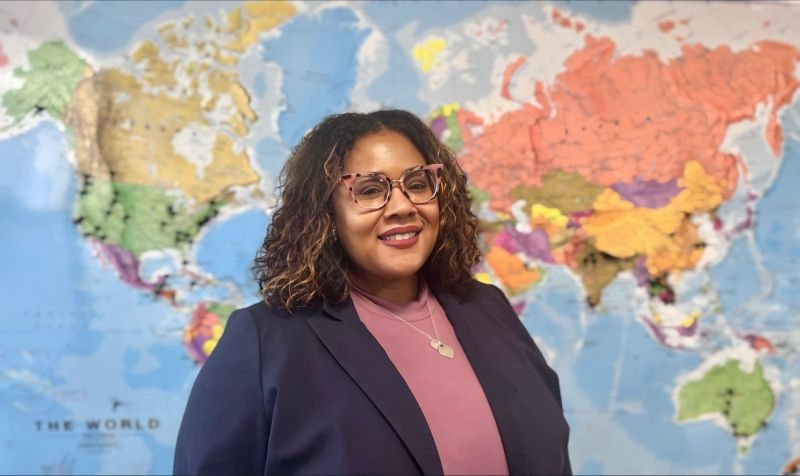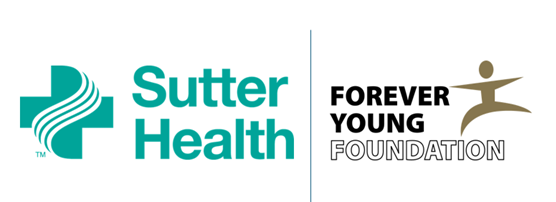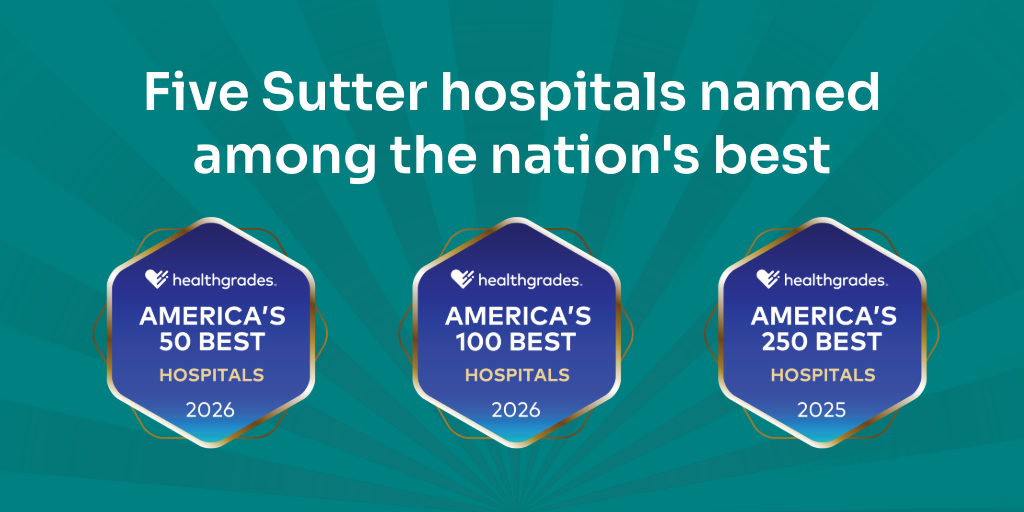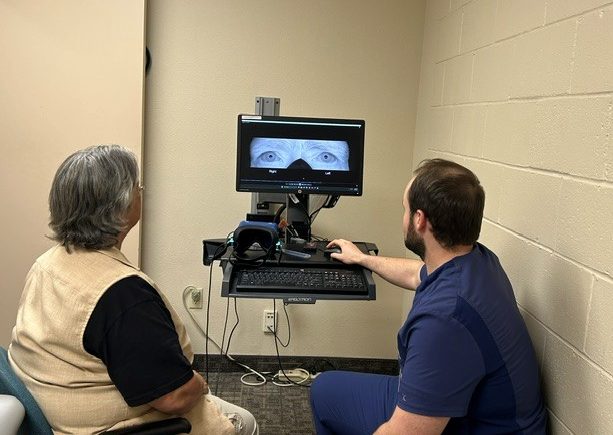 By Tosan O. Boyo, president, Sutter Health Greater East Bay Market
By Tosan O. Boyo, president, Sutter Health Greater East Bay Market
In honor of Black History Month, Vitals editors are pleased to share a series of blog posts by Tosan O. Boyo, president of Sutter Health’s Greater East Bay Market, in which he interviews Black healthcare providers on how and why they’re working to change healthcare.
Janyel W.

Janyel W., nurse manager at Sutter Alta Bates Summit Medical Center
Janyel W. is a nurse manager at Sutter Alta Bates Summit Medical Center.
Q: Describe the moment you realized you’d be dedicating your life to healthcare.
A: During my teenage years, I witnessed the gradual decline in my grandparents’ health. Unfortunately, they let their fear of hospitals and doctors, as well as their lack of trust in the healthcare system, prevent them from seeking medical help proactively. This experience inspired me to pursue a career in healthcare. I believe I was called to help people overcome their fears, speak truth, and bring hope and trust to patients during life’s most vulnerable moments.
Q: What healthcare problem do you feel called to solve and why?
A: Health literacy is vital. Explaining health conditions and ensuring our patients understand their symptoms and treatments then what actions can be employed to promote wellness is key. Through building connections, we can establish trust with vulnerable populations. By seeing each patient as an individual, we have the chance to bring light and a new perspective. This is what caring is all about.
Q: How does your unique lens of the world aid you in solving this problem?
A: I am striving to solve the problem of health literacy because I see myself in my patients. In every interaction, I show the care and patience I want to experience when I seek care. I want them to understand what is going on and why we are doing what we’re doing. It’s the call for genuine care and compassion not only for the patient but also for them as a human being. One patient at a time, we can make lasting impacts that can change their lives.
Q: What are your hopes for the future of healthcare?
A: I strongly believe that everyone who needs care should have access to it. We must work together to eliminate barriers and ensure that everyone receives right care at the right time regardless of their background, income, or location.
Pasha Jackson, M.D.
Dr. Pasha Jackson practices medicine at Sutter East Bay Medical Foundation’s Richmond Care Center. His commitment to his patients is so profound, he often travels to patients’ homes to provide treatment and serve the community.
Q: Describe the moment you realized you’d be dedicating your life to healthcare.
A: During my early 20s I was set on becoming an NFL linebacker. This path took me from University of Oklahoma to try-outs, contracts, and camps with the 49ers, Colts, Chiefs and Raiders. For three years, I held on to this dream while moving from team to team suffering major injuries to my body and spirit along the way. After leaving the NFL, I took several steps toward healing. I found yoga and meditation to be powerful tools for wholeness.
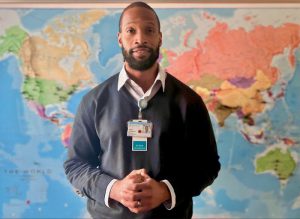
Dr. Pasha Jackson, Sutter East Bay Medical Foundation
During this period, medical school was floated to me by my father, a psychologist and community activist. He specifically recommended the Latin American School of Medicine in Havana, Cuba. Their stellar global medical humanitarian reputation sold me and I learned above all that medicine is a relationship-based practice and although illness can become very complex, simple but well-timed interventions can make huge impacts.
Q: What healthcare problem do you feel called to solve and why?
A: I feel called to study and manage chronic, lifestyle-based illness. These conditions are undoubtedly our greatest threat as a species and account for the vast majority of clinic and hospital visits. Social determinants disproportionately make the work of improving lifestyle challenging for those who hold a legacy of generational oppression, poverty, and trauma. I also feel called to work with this problem because I don’t have much of a choice. Either we find new ways to care for these conditions or we face major destabilization of our many social systems.
Q: How does your unique lens of the world aid you in solving this problem?
A: Although my developing worldview has provided valuable insight at individual, family, and system levels for these problems; it’s the fact that I too grapple daily with social determinants to live a healthier lifestyle that especially qualifies me. I’m on the same bus as my patients and everyone else at the end of the day.
Q: What are your hopes for the future of healthcare?
A: I hope for continued shifts in our ways of thinking that increase awareness of unhealthy patterns. I hope for continued shifts in our behavior that better parry the existential threats of this age. I hope services continue to expand beyond hospital and clinics. I hope we continue to understand how interconnected and interdependent we are on each other to truly be our healthiest selves.
Debbie Johnson
Debbie Johnson is a veteran and director of Human Resources at Sutter Solano Medical Center in Vallejo.
Q: Describe the moment you realized you’d be dedicating your life to healthcare.
A: This is very fresh in my mind, the desire to be part of healthcare specifically Sutter Health, is when my brother was hospitalized. Through this incredible journey of uncertainty, I was touched by the manner of care he received, and our family received also. Every step, every interaction was filled with genuine compassion and respect. I was touched how everyone involved treated the whole family. It was because of this experience I wanted to become part of healthcare, to support those clinicians and support teams that touches so many lives in our community.
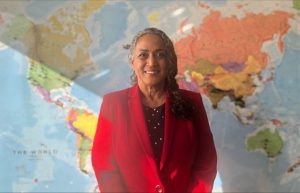
Debbie Johnson, director of Human Resources at Sutter Solano Medical Center
Q: What healthcare problem do you feel called to solve and why?
A: Building strong relationships within our communities is extremely important because I believe it helps us establish trust which is a path to eliminating health disparities.
Q: How does your unique lens of the world aid you in solving this problem?
A: As a veteran who also grew up in a military family, I’ve lived outside of the U.S., in different communities. This has helped me understand how unique everyone is, yet humanity and our societies share more similarities than many believe.
Q: What are your hopes for the future of healthcare?
A: I hope health systems continue to advance and develop treatments where more lives are saved. I hope for a future where race, culture and/or socioeconomic status no longer result in disparities. I hope for a future in which care for all is the fundamental reality.

